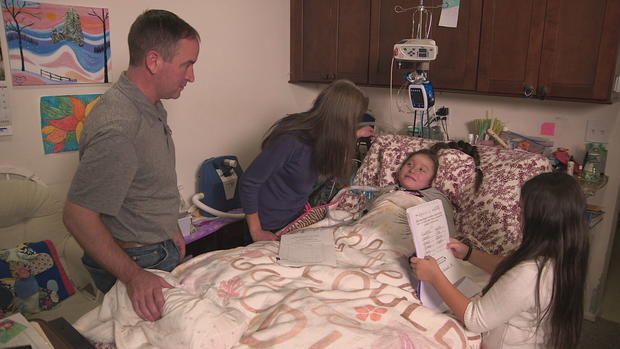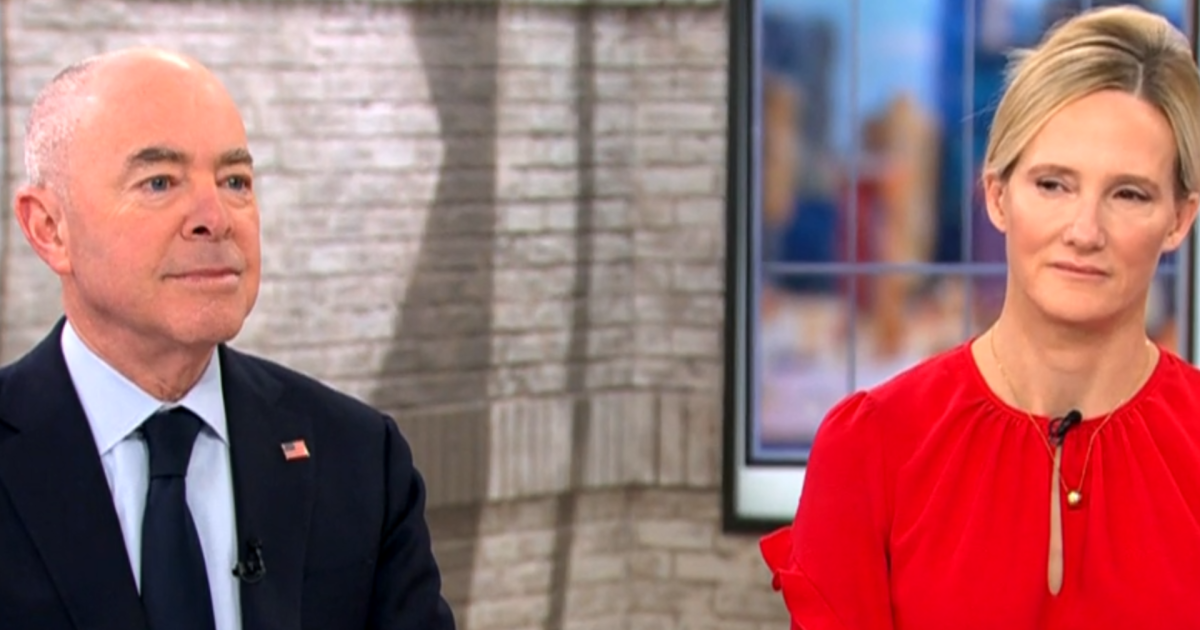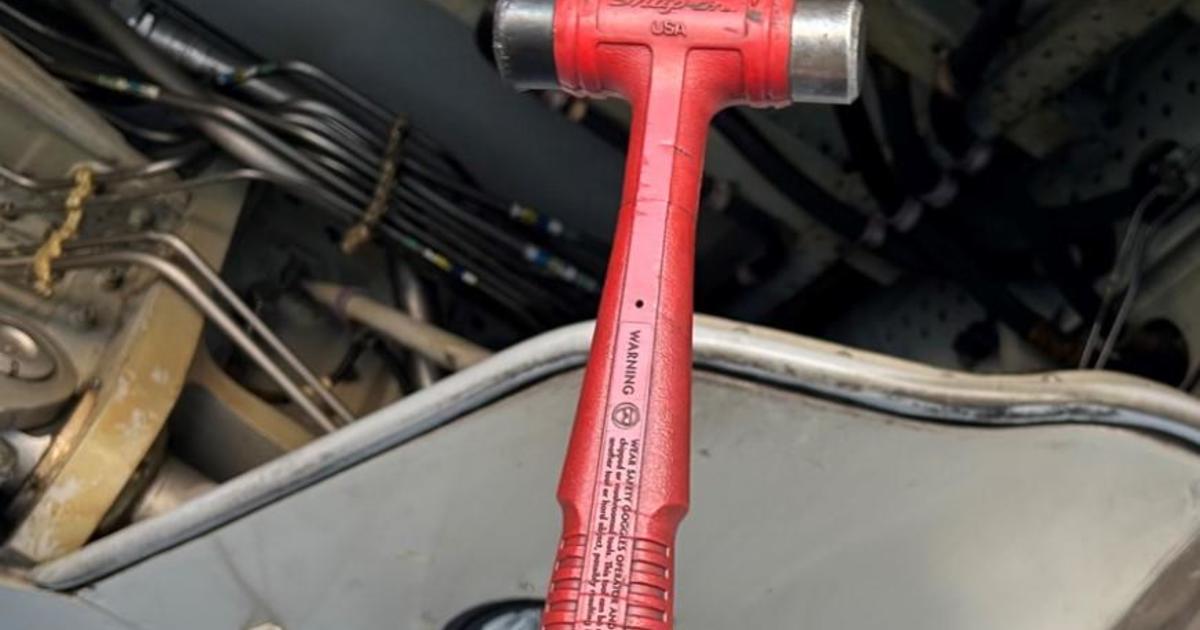"Horrific" side crash test videos raise safety concerns about some car booster seats
Some of the safety claims made by the maker of a popular car booster seat for children are being questioned by a new investigation. Video obtained by ProPublica shows a child-sized dummy in an Evenflo booster seat being violently tossed around during a side impact crash test.
ProPublica's investigation found that Evenflo marketed its booster seats for some children who experts worry may be too small to be adequately protected in such crashes.
Lindsay Brown's 5-year-old daughter Jillian was in one of Evenflo's Big Kid booster seats when her car was hit on the driver's side near their Long Island home in 2016. Her other daughter, Samantha, was also in the car.
Lindsay said the first thing she did after the crash was look back to check on her daughters.
"Jillian was hunched over. I couldn't see her face," Lindsay told CBS News correspondent Kris Van Cleave. "I know they took her out first … they had her laid out on the trunk and they were doing CPR."
Jillian was the farthest from the impact strapped into the booster seat. While Samantha, in a different car seat, and Lindsay recovered from their injuries, Jillian never will. She was internally decapitated and left paralyzed from the neck down. A ventilator now keeps her alive.
Jillian's dad, Jay Brown, said their lives have changed completely since that day.
"Every day is now, you know, caring for her," he said.
The Browns are now suing Evenflo.
The company said her booster performed as designed and Jillian's injuries were primarily due to the severity of the crash and/or driver error.
The car seat meets or exceeds federal standards, which set a 30-pound minimum for booster usage. The Browns say Jillian was 37 pounds at the time of the crash.
The seat is side impact crash tested, but there's no federal standard for that test and videos of Evenflo's crash tests, obtained by ProPublica, show booster seats "passing" even though the child size test dummy is violently tossed about.
After watching the side crash test videos, Dr. Ben Hoffman, a lead author of car seat recommendations for the American Academy of Pediatrics, said, "I think the word that I used to describe them initially was horrific. Human beings just aren't built to survive that amount of movement."
Asked if he would want his child in a seat that performed that way, Hoffman said, "No, and there's no way I would want a child who I know or knew or loved to be put into a scenario like that."
A seat with a harness fares better in the crash test. With a harness, the test dummy largely stays in place. In the booster seat, the dummy slips out of the seat belt's shoulder restraint.
During depositions obtained by ProPublica, Evenflo employees explained the only way to fail the company's side crash test is if the dummy falls completely out of the seat or if the seat itself breaks.
"We side-impact test our seats, but I don't think we say that we offer any type of side-impact protection," one said.
Engineer Eric Dahle acknowledged the movement seen in the crash tests could lead to serious injury.
"You could have a contact with something in the vehicle – another occupant," he said.
"So injuries like – paralyzing injuries, death, serious injury?" a lawyer asked Dahle.
"Serious injury," he said.
For years the Academy of Pediatrics has recommended kids stay in a car seat with harness restraints for as long as possible and should not switch to a booster seat until at least 40 pounds, matching Canadian regulations.
Until 2007, Evenflo marketed the Big Kid booster as safe for kids as young as one as long as they weighed 30 pounds or more.
Four years before Jillian's 2016 accident, Dahle recommended Evenflo stop selling booster seats for children under 40 pounds because they'd be safer in seats with harnesses. Dahle, who still works for Evenflo, later testified he supported the decision to stick with the 30-pound minimum.
"Evenflo touted its side-impact test as something that was rigorous and used the side-impact testing marketing to sell its Big Kid booster," ProPublica's Daniela Porat said. "The test was anything but rigorous."
Just months before 37-pound Jillian's accident, Evenflo did change the minimum height and weight requirements in the owners manual to 40 pounds, but did not notify customers like the Browns already using the seats because the company said there was no safety impact related to the change.
And years later, the company's old recommendation is still out there. In January, ProPublica bought a Big Kid booster from Evenflo's own website with 30 pounds still on the label. Just this week, CBS News found signage at an Oregon Walmart telling parents the seat was for kids 30 pounds and up.
"I would never have bought that if I'd known. I would've left them in the front facing five-point harness for years," Jay said. "You know, you read it and believe it."
Evenflo declined our request for an on-camera interview but said in a statement that the company is a pioneer in side-impact testing and it provides safe, effective and affordable products. It added that it complies with all federal regulations, which do allow boosters to be sold for kids weighing 30 pounds and up.
Congress directed federal regulators to create a side-impact crash test standard for car seats in 2000. It has yet to go into effect.
Evenflo's full response to CBS News:
Complaint filed against Evenflo:
Evenflo's response to complaint:




